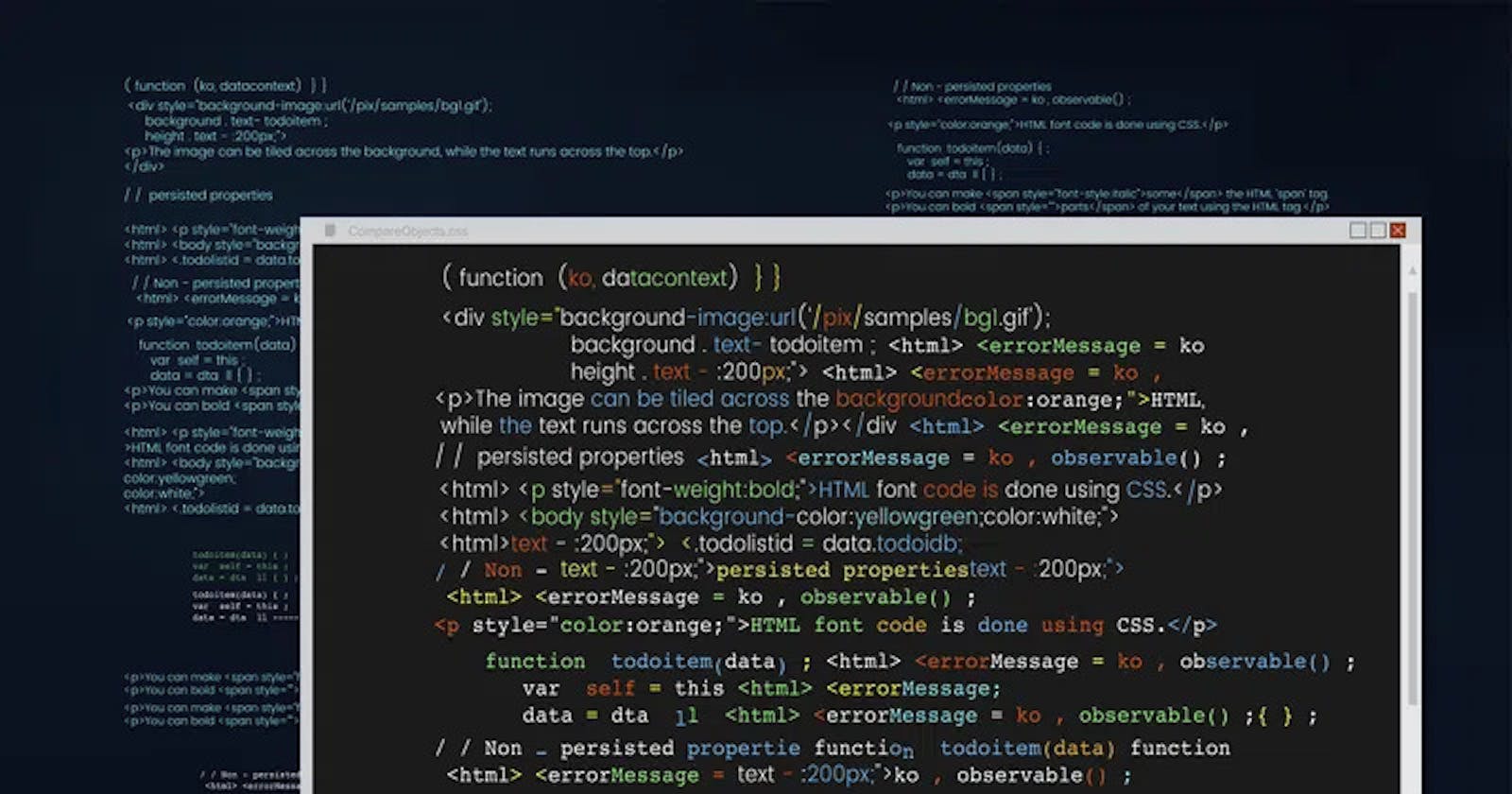As a professional JavaScript developer, I've learned that writing clean, maintainable code is crucial for success in this field. In this blog post, I want to share my thoughts on three important coding principles: DRY, KISS, and YAGNI. These principles are essential for any software developer looking to write efficient, readable code.
DRY: Don't Repeat Yourself
DRY stands for Don't Repeat Yourself. It's a principle that emphasizes the importance of writing reusable code to avoid duplication. When you follow the DRY principle, you ensure that each piece of code serves a single purpose and can be used in multiple places throughout your application without having to be rewritten.
Here are some tips to follow when implementing the DRY principle:
Use functions to encapsulate reusable code
Extract common functionality into separate modules
Use variables to store repeated values
Avoid copying and pasting code
For example, if you're writing a function that performs a specific task, you should make sure that you're not writing the same code multiple times in your application. Instead, you should create a separate function and call it wherever it's needed
KISS: Keep It Simple, Smart
KISS stands for Keep It Simple, Stupid. It's a principle that emphasizes the importance of keeping your code simple and easy to understand. When you follow the KISS principle, you ensure that your code is readable and maintainable, which can save time and reduce the chances of introducing bugs.
Here are some tips to follow when implementing the KISS principle:
Write code that is easy to understand
Use clear, descriptive variable and function names
Break complex tasks down into smaller, simpler tasks
Avoid over-engineering solutions
For example, if you're working on a function that performs a specific task, you should make sure that it's easy to understand and doesn't have unnecessary complexity.
YAGNI: You Ain't Gonna Need It
YAGNI stands for You Ain't Gonna Need It. It's a principle that emphasizes the importance of not adding unnecessary functionality to your code. When you follow the YAGNI principle, you ensure that you're not wasting time and resources on features that aren't necessary for your application.
Here are some tips to follow when implementing the YAGNI principle:
Only write code that you need right now
Avoid adding features that you don't currently need
Refactor your code when new requirements arise
Don't try to anticipate every possible future use case
For example, if you're working on a feature that's not essential to your application, you should avoid spending too much time on it. Instead, you should focus on the features that are critical to your application and provide the most value to your users.
Conclusion
In conclusion, following these three coding principles - DRY, KISS, and YAGNI - can greatly improve the quality of your JavaScript code. By avoiding repetition, keeping your code simple, and avoiding unnecessary complexity, you can write more efficient, maintainable code. As a software developer, it's important to continuously strive to improve your coding skills and adhere to best practices.
Remember, these principles are not only applicable to JavaScript development but can also be applied to any programming language. I highly recommend all developers, especially beginners, to keep these principles in mind when writing code.
Keywords for this article include DRY, KISS, YAGNI, best practices, JavaScript, software development, efficient code, maintainable code, code quality, and programming principles.
If you're interested in learning more about JavaScript or software development, be sure to check out my blog for more helpful tips and resources!
